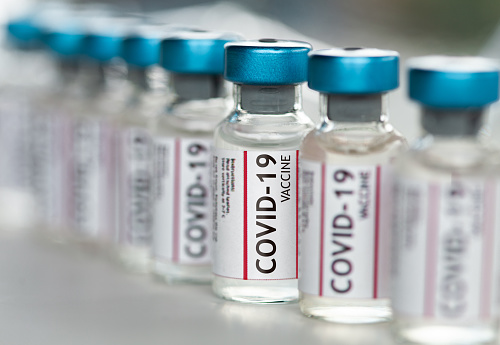Singapore will no longer pay for the COVID-19 treatment of citizens who are “unvaccinated by choice.”
The policy went into effect in the Southeast Asian country on Wednesday. When it was announced last month, Health Minister Ong Ye Kung explained, “We have to send this important signal, to urge everyone to get vaccinated if you are eligible.”
“Currently, unvaccinated persons make up a sizable majority of those who require intensive inpatient care, and disproportionately contribute to the strain on our health care resources,” the Health Ministry added in a statement.
“Until now,” NPR reports, “the government has been covering the cost of COVID-19 care for all Singaporeans, permanent residents and long-term pass holders, excluding those who tested positive after returning from overseas travel.” The aid was designed to ensure that financial constraints wouldn’t play a role in a person getting treatment.
Now the unvaccinated will have to rely on private insurance – or, absent that – pay for their medical care themselves.
“There are a few exceptions. People who aren’t eligible for vaccination — like children under 12 and people with medical exemptions — will still have their medical bills covered by the government. And people who are partially vaccinated won’t be charged until Dec. 31, to give them time to complete the full series,” adds NPR.
88.4% of Singapore’s population is vaccinated, according to a Reuters estimate.
The Wall Street Journal adds context:
Singapore is one of many countries that have adopted measures to convince vaccine holdouts. Some European governments are tightening restrictions on the unvaccinated for restaurants and offices. Starting in February, Austria will require all adults to get vaccinated. In Vienna, those who fail to show up for vaccine appointments could face fines of up to $4,050. Greece has made Covid-19 vaccines mandatory for those over 60 and will start issuing fines in mid-January to those who haven’t received a first dose or made appointments to get their first shot. In Germany, politicians are debating similar policies.
Earlier this week, legislation was filed in the Illinois House of Representatives that proposed that “a person who is eligible to receive a COVID-19 vaccine and chooses not to be vaccinated shall pay for health care expenses out-of-pocket if the person becomes hospitalized because of COVID-19 symptoms.”
“I think it’s time that we say: ‘You choose not to get vaccinated, then you’re also going to assume the risk that if you do catch COVID, and you get sick, the responsibility is on you,'” State Representative Jonathan Carroll, the bill’s author, told the Chicago Sun-Times.
“If someone obviously can’t have a vaccine for health reasons, that’s a completely different conversation,” Carroll added.
“But if you’re an able-bodied person able to get this vaccine and you’re choosing not to, then you’re putting us all at risk, and we’re seeing this as the variants continue to spread.”



